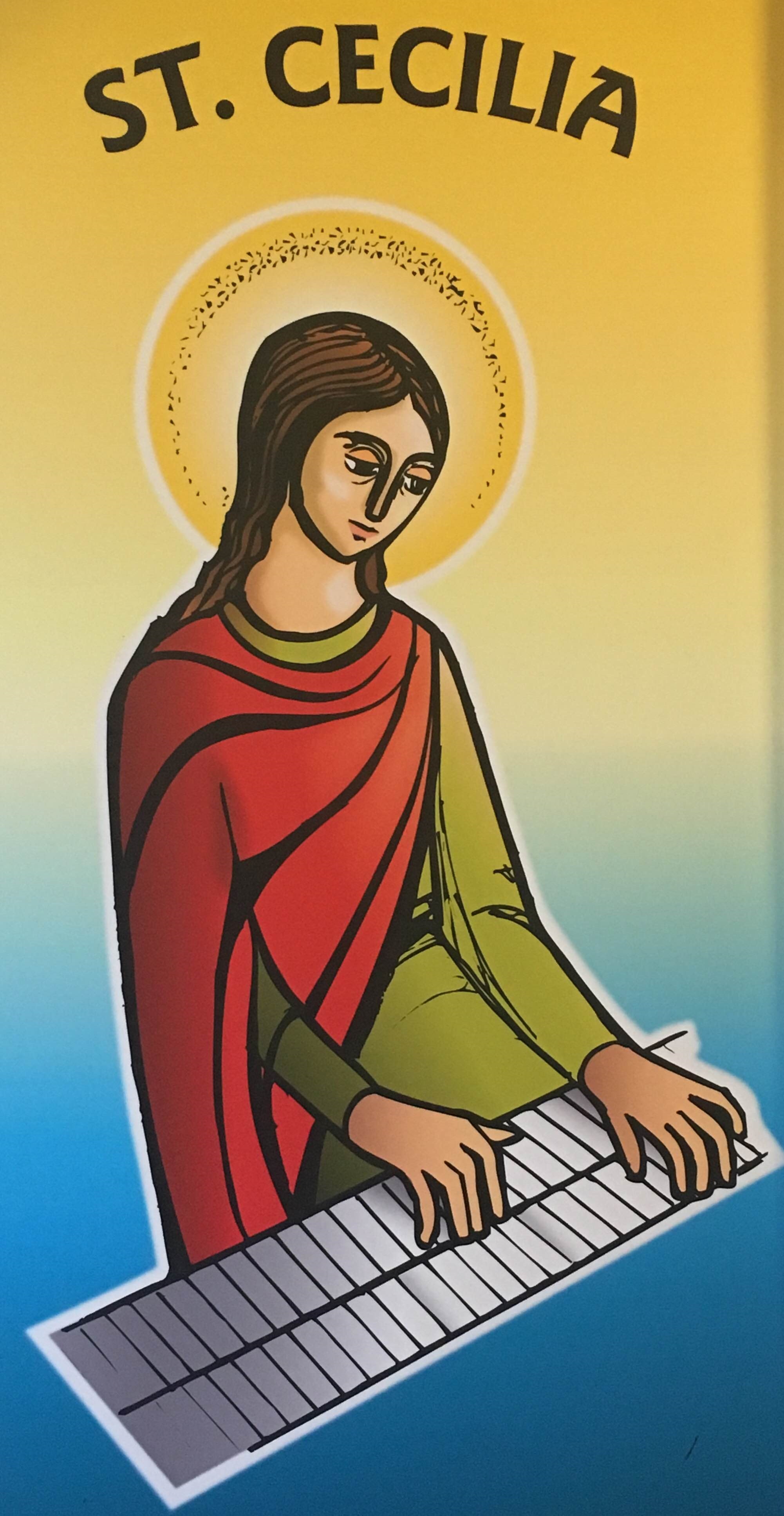
Feast Day: November 22
Born: around 90 :: Died: around 117
Cecilia was a Roman noblewoman who had given her heart to Christ. Under the rich clothes worn by women of high class, Cecilia wore a rough shirt that caused her suffering. She wanted to be able to offer this sacrifice to Jesus, whose bride she intended to be. But Cecilia's parents gave her in marriage to a young pagan noble, Valerian of Trastevere. Celia is considered the patroness of music because during the wedding celebration, the lovely bride sat apart, singing a hymn of love to God in her heart and praying for his help.
When she and Valerian, her husband, were alone, she gathered up courage and said to him: "I have a secret to tell you. You must know that I have an angel of God watching over me. If you let me keep my promise to be Christ's bride only, my angel will love you as he loves me." Valerian was surprised and said kindly, "Show me this angel. If he comes from God, I will do as you wish." Cecilia said, "If you believe in the one true God and receive the waters of Baptism, then you will see my angel." Valerian went to Bishop Urban and was received with joy. After he had professed his belief in the Christian religion, he was baptized and returned to St. Cecilia. There by the saint's side, the young man saw the splendid angel. The angel placed a crown on each of their heads, and offered Valerian a favor and Valerian asked that his brother also be baptized.
Valerian's brother, Tiburtius, learned of the Christian faith from Cecilia. She spoke so beautifully of Jesus that before long, he too was baptized. Together the two brothers performed many works of charity and mercy, like burying dead Christian martyrs. When they were arrested for being Christians, they went bravely to death rather than give up their new faith in Jesus. St. Cecilia lovingly buried their bodies, before she too was arrested. She even converted the officers who tried to make her sacrifice to false gods. When she was put into a fire, it did not harm her. Then they tried to suffocate her and finally, a man was sent to her house to behead her. He struck her neck three times, but Cecilia did not die immediately. She lay on the floor unable to move. Yet by holding out three fingers of one hand, and one of the other, she still professed her belief in the Blessed Trinity. When her tomb was opened about one thousand five hundred years later in Rome, her body was still found perfect and incorrupt.

Welcome to Year 3 St Cecilia's website page.
The class teacher is Mrs Tanak.
On this page you will find details on the areas of the curriculum covered during the academic year. .
If you have any questions, please do not hesitate to contact me.

We have discussed the rules that we feel will help the children to learn and work in a happy and positive environment. The children have also discussed the importance of having rules and how they can keep us all safe. Additionally, the rules reflect the ethos and mission statement of St. Mary’s school. These are displayed in our classroom. The school’s rewards and sanctions for good and bad behaviour have also been discussed with the children and displayed in the classroom.

Spellings, X Tables, Literacy, Numeracy, Mental Maths and Handwriting homework will be given every Wednesday to be handed in on Monday of the next week. Your child can hand in their homework earlier if they wish but should continue to go over their spellings in prepartion for the spelling test on Tuesday. The purpose of the homework is to reinforce learning that has taken place in class. It is also an opportunity for you to see what your child is learning. Each week the work will be explained and we will discuss any questions that they may have. If homework is incomplete, children will be expected to do it during their own time in school. The weekly spelling test will take place during the week to allow your child to practise the spelling pattern that they have focused on in lessons. Please ensure your child has practised and learnt their spellings during the week. Other homework may also be given relating to either RE, Science or history if required.
Now that the children are moving into KS2, a greater emphasis will be placed on being more independent and responsible. Your child’s homework is therefore an opportunity for them to take responsibility themselves; ensuring homework is always completed and handed in on time.
READING
At present your child will still be bringing home a school reading book. Please ensure that your child reads every night in order to develop fluency. Reading records are provided for date, book and comments to be added by an adult. Please ensure that the reading records are signed each time your child is listened to read. Also, if you could spend a little time talking about the text and asking questions to encourage your child to really think about what they have read. This will greatly help their comprehension skills. Evidence shows that good readers are also good spellers and good writers. Reading records will be checked by the class teachers every Monday and we will expect to see five adult signatures showing that you have heard your child read. If children have not read 5 times, they will be given a reading comprehension to complete and return the next day.
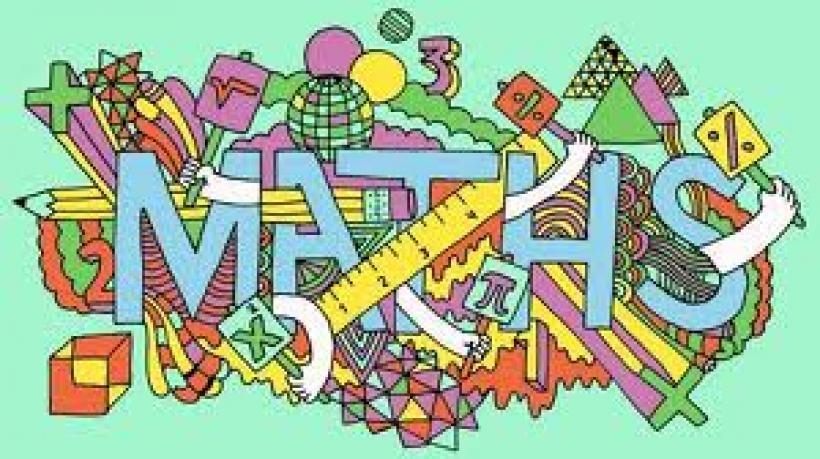
Topics to be covered this year:
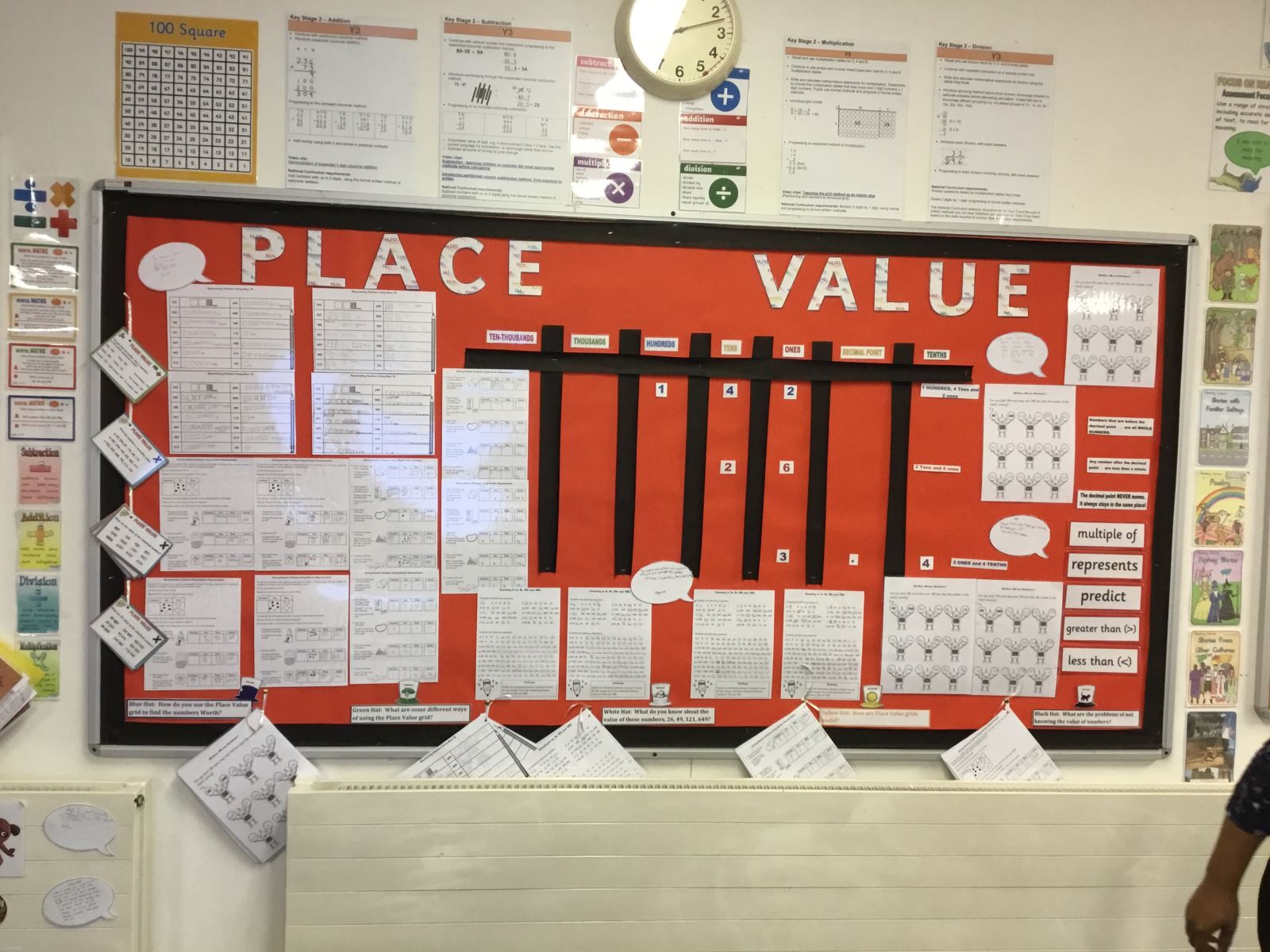
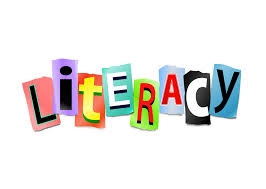
Reading – Collaborative reading groups to develop confidence and fluency of reading skills.
Big Writing – develop beginnings to stories, plot developments and endings. Improve use of adjectives. To develop writing different styles e.g. diary entries, recounts, poetry, letters and descriptions.
Grammar, Punctuation – on going revision and consolidation of capital letters, full stops, speech marks, commas, question marks, exclamation marks etc.
Weekly spellings – to develop children’s store of vocabulary. Each week follow a different spelling pattern.
Handwriting – exercises to practise and improve letter formation, presentation. We will focus on writing words which we have been studying for our spelling focus.
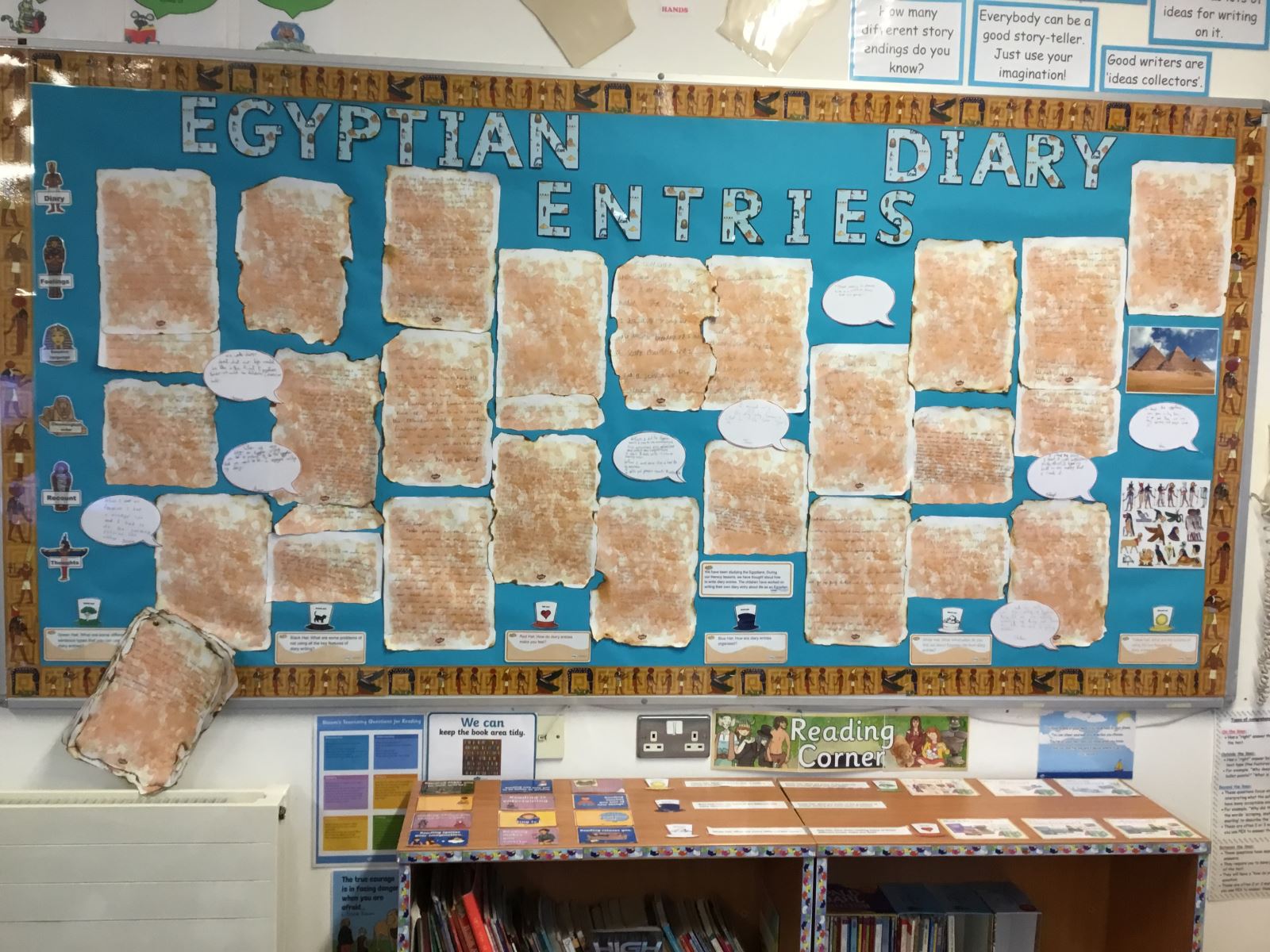

Plants
In this unit, children will learn to:
-
Identify and describe the functions of different plants and flowering plants, roots, stems/trunk, leaves and flowers.
-
Explore the requirements of plants for life and growth (air, light, water, nutrients from soil and room to grow) and how they vary from plant to plant.
-
Investigate the way in which water is transported within plants.
-
Explore the part that flowers play in the life cycle of flowering plants, including pollination, seed formation and seed dispersal.
Working Scientifically:
-
Ask relevant questions; use different types of scientific enquiries to answer them.
-
Set up simple practical enquiries, comparative and fair tests.
-
Identify differences, similarities or changes related to simple scientific ideas and processes.
-
Make systematic and careful observations and, where appropriate, take accurate measurements using standard units; use a range of equipment, including thermometers and data loggers.
-
Record findings use simple scientific language, drawings, labelled diagrams, keys, bar charts and tables.
-
Report on findings from enquiries, including oral and written explanations, displays or presentation of results and conclusions
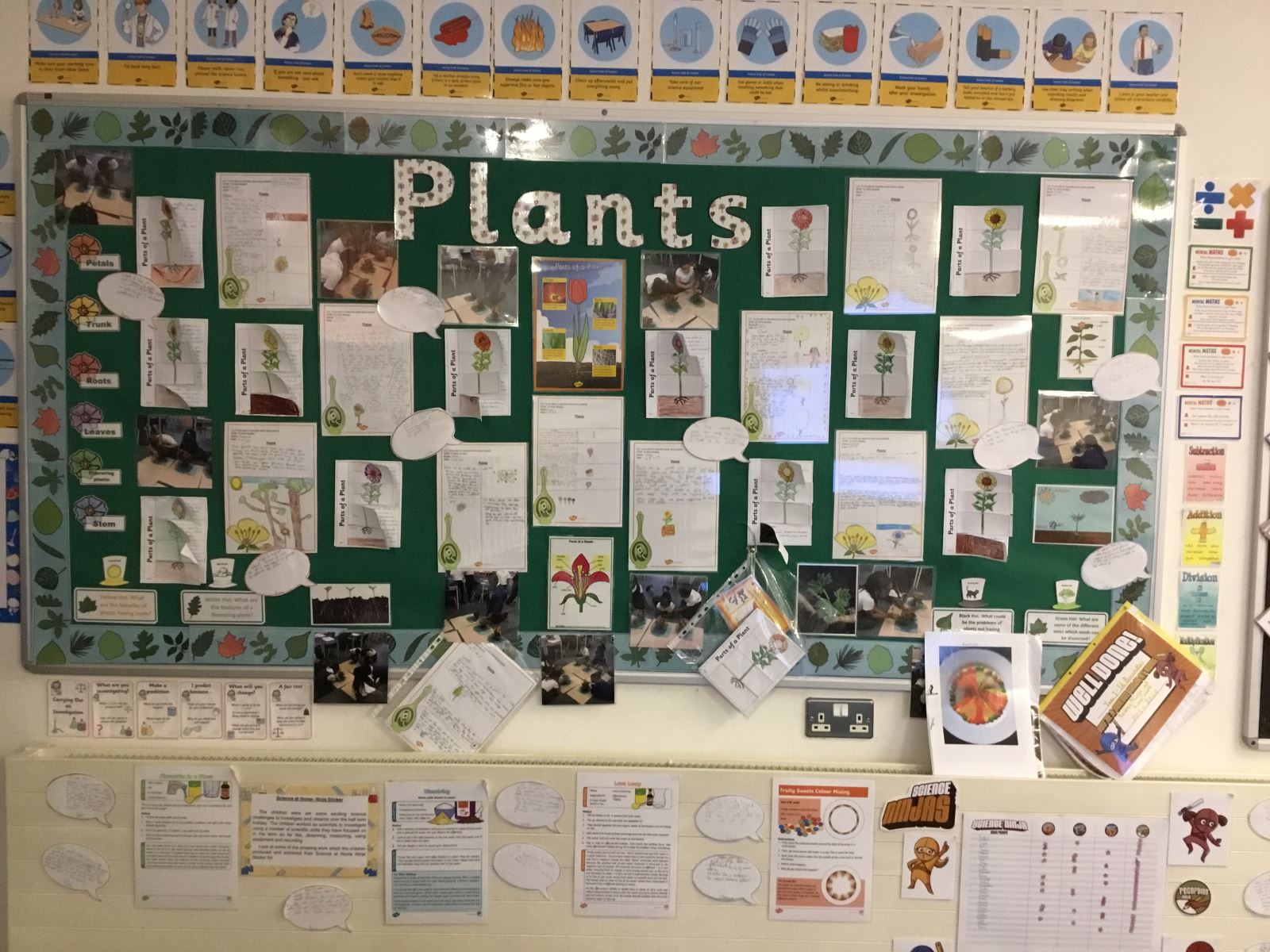
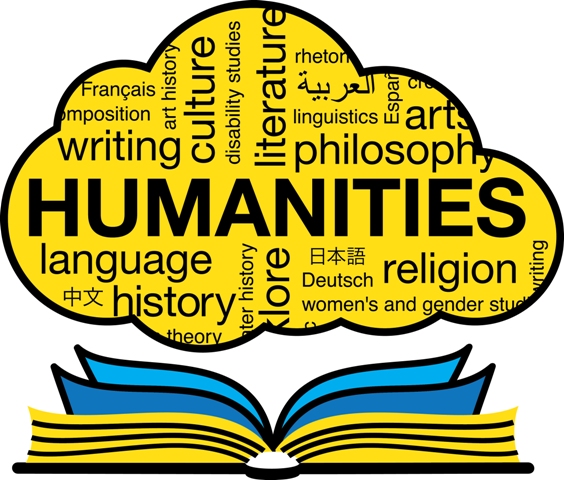
History- The Egyptians
In this topic children will learn about modern day Egypt. They will learn about the geography of Egypt and compare it to Ancient Egypt using atlases
Children will conduct independent research to find information about how the Egyptians lived their lives. They will learn about Egyptian beliefs and religious practices and find out about the ceremonies which took place when an Egyptian died.
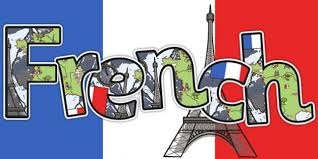
The children will be extending their vocabulary, enabling them to talk particularly about: members of the family, parts of the body; the weather; vocabulary connected with school work and the curriculum.

Creation and Covenant
In this unit, children will be exploring the different ways that cultures throughout history describe how the world was created. The children will explore creation through the scripture using Genesis 1 and will begin to link this to the covenant that God has made.
Prophecy and Promise
In this unit, the children will:
-
Explain some reasons why Catholics celebrate Mass.
-
Explain some signs, actions and prayers used during Mass.
-
Describe their own experiences of being part of the Liturgy of the Word.
-
Explain how Mary and Joseph showed the trust they had in God.
-
Compare the signs used at Advent and Christmas and explain what they mean to Christians.

-
This term the children will be learning about how to:
-
Turn the computer on and off.
-
Add information about the author and add a title.
-
Log on and off the school network and any software applications.
-
Use a mouse/touchpad to control the cursor on a PC/iPad.
-
Find, save, edit and print work.
-
Use the spacebar, backspace, enter, shift & arrow keys.
-
Select text and make simple changes such as bold, italic and underlined.
-
Use copy and paste function.
-
Use font sizes, colours and effects to convey meaning.
-
Align text to the left, right or centre.
-
Insert tables, columns and rows.
-
Use borders and shading features.
-
[2Type]
-
Use both hands when typing and improve typing speed.
-
To make choices about which pieces of technology to use (e.g. iPad or PC, microphone or computer, camera or iPad etc) and explain their choice to others.
-
Use a camera to take images for a purpose.
-
Use the internet to find images.
-
[2CreateAStory, or PowerPoint or BookCreator app]
-
Find and combine images to create work.
-
Use the print screen function to capture an image.
-
Select certain areas of an image & resize or rotate it.
-
Edit pictures using basic tools.
-
Create a new PowerPoint presentation and add or remove pages.
-
Combine text and images on each PowerPoint page.
-
Embed sound clips in a PowerPoint page.
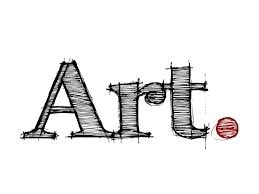
Egyptian Art:
In this unit, the children will explore the artwork from the Egyptian era. They will use different media such as: paint, water colours and clay to create pieces of art inspired by Egyptian art. This unit links to the History unit of The Egyptians so the children will have a good background understanding of the artist’s inspiration.
Abstract Art:
The children will explore how different artists have expressed themselves using different techniques such as action/ motion painting. The children will research some abstract artists and try to use the style of Jackson Pollock in their own piece.

Textiles- Egyptian collars:
Children will learn to:
-
Demonstrate their ability to use cross-stitch as a decorative feature or to join two pieces of fabric together.
-
Develop appliqué designs based on design criteria.
-
Design, cut and shape their template for an usekh/wesekh collar, with increasing accuracy.
-
Decorate their Egyptian collar using a variety of techniques such as appliqué, cross-stitch, beads, buttons and pinking.
-
Measure and attach a ribbon with a running stitch.
-
Recognise different types and qualities of fabrics.
-
Explain the aesthetic and/or functional properties of some of their material choices.
Mechanical Structures – Pneumatic Toys
Children will learn to:
-
Draw accurate diagrams with correct labels, arrows and explanations.
-
Correctly identify definitions for key terms.
-
Identify five appropriate design criteria.
-
Communicate two ideas using thumbnail sketches.
-
Communicate and develop one idea using an exploded diagram.
-
Select appropriate equipment and materials to build a working pneumatic system.
-
Assemble their pneumatic system within the housing to create the desired motion.
-
Create a finished pneumatic toy that fulfils the design brief.
PSHE/ CITIZENSHIP & RSE EDUCATION:

Information from the Ten Ten Resources:
LKS2 Module One: Created and Loved by God explores the individual. Rooted in the teaching that we are made in the image and likeness of God, it helps children to develop an understanding of the importance of valuing themselves as the basis for personal relationships:
Unit 1 – Religious Understanding picks up the story of Kester which began in Key Stage One. Through story and discussion, children will learn that they are designed for a purpose and how they should live in light of this. A second session unpacks the Sacraments of Baptism and Reconciliation as a foretaste of heaven and a wonderful part of our relationship with God.
In Unit 2 – Me, My Body, My Health, children meet animated character, AJ, who will reappear throughout this scheme of work. In this unit, children will learn to celebrate similarities and differences, and to appreciate and look after their bodies as gifts from God. Teaching also covers specific physical and emotional changes during puberty, and that growing from boys and girls to men and women is part of God’s loving plan for creation.
Unit 3 – Emotional Well-Being helps children to understand the difference between feelings and actions, how to manage them and what they can do to help themselves stay emotionally healthy. In this unit, media is discussed as a ‘fake reality’ and God’s love for us is presented as a better basis for our self-confidence. Finally, children will identify unacceptable behaviours and learn to build resilience against negative feelings by practising thankfulness.
Returning to an allegorical story from Kester’s Adventures which establishes that we were handmade by God with our parents help, Unit 4 – Life Cycles explores the miraculous nature of human conception and birth and offers an opportunity for thanksgiving.
MUSIC:

This term we will be focusing on different areas of music including:
-understanding rhythm
-creating pace
-performance of solo and group pieces.
THINKING SKILLS
We continue to use De Bono’s Thinking Hats, Habits of Mind and a variety of Thinking Maps to develop the children’s thinking skills. Regular reference is made during lessons to Edward De Bono’s Thinking Hats, Habits of Mind and Thinking Maps. Ask your child to tell you about which one/s they have used in class today!
We look forward to working in partnership with you and your child this year. Please do not hesitate to contact us if you wish to discuss anything.
Thank you in advance for your support,
Miss Tanak